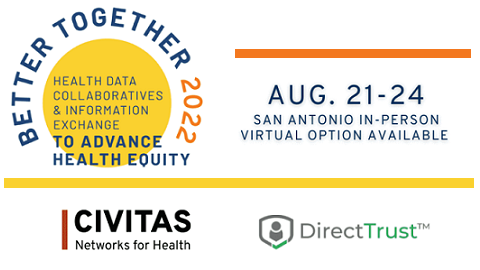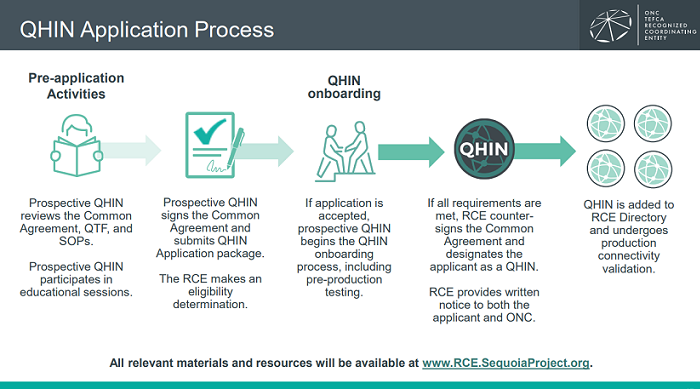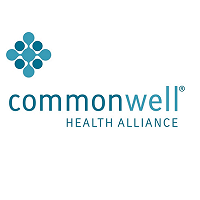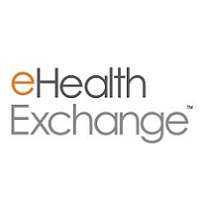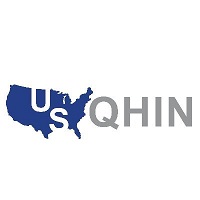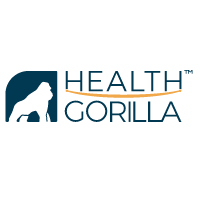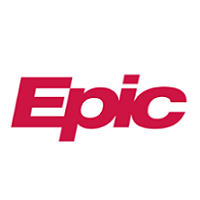We have now past the 18 year mark in our quest for healthcare interoperability. Under an executive order from president G W Bush, the ONC was established and Dr. David Brailer was dubbed “America’s first Health Information Czar.” The Meaningful Use program was then born out of the HITECH Act and Merit-Based Incentive Payment System was then born our of the MACRA legislation. And then information sharing from the CURES Act. And now the release of Trusted Exchange Framework and the Common Agreement (TEFCA). All trying to move our healthcare system to the digital age, better outcomes, controlling and reducing costs, and patient access to their health data. It has not been an easy road and the debate of the journey will never end.
TEFCA News
Services Exchange Purpose Implementation Standard Operating Procedure (SOP), Draft Means to Demonstrate U.S. Ownership and Control of a QHIN SOP, and Stakeholder Feedback on Previously Released Draft SOPs
The Sequoia Project released additional draft standard operating procedures (SOPs) pertaining to the Individual Access Services (IAS) Exchange Purpose and foreign ownership. The draft Individual Access Services (IAS) Exchange Purpose Implementation SOP describes specific requirements that IAS Providers are required to follow for individual identity verification. It also identifies when a QHIN, Participant, or Subparticipant is required to respond to an IAS request. The RCE is seeking feedback by July 29. 2022.
July RCE Monthly Informational Call
Tuesday, July 19 | 12:00 p.m. – 1:00 p.m. ET
The Recognized Coordinating Entity (RCE) hosts a public informational call as an opportunity to share information about the progress to-date on the third Tuesday of each month. Agenda for this month’s call is coming soon.
Register Here
Spotlight on Community Networks
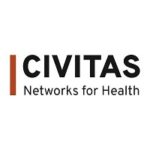 This past August, The Network for Regional Healthcare Improvement (NRHI) and the Strategic Health Information Exchange Collaborative (SHIEC) announced a formal affiliation between the two organizations to form a new organization named Civitas Networks for Health. The organization serves as a platform for local nonprofit health collaboratives and health information exchanges to grow and thrive.
This past August, The Network for Regional Healthcare Improvement (NRHI) and the Strategic Health Information Exchange Collaborative (SHIEC) announced a formal affiliation between the two organizations to form a new organization named Civitas Networks for Health. The organization serves as a platform for local nonprofit health collaboratives and health information exchanges to grow and thrive.
Civitas News
Announced the addition of eleven new member organizations to its collaborative in the first quarter of 2022. As the largest national network of its kind, Civitas is comprised of member organizations working to use health information exchange, health data and multi-stakeholder, cross-sector approaches to improve the health of Americans.
The Civitas 2022 Annual Conference, a Collaboration with the DirectTrust Summit
State HIE News
 HEALTHeLINK and Population Health Collaborative Announce Affiliation
HEALTHeLINK and Population Health Collaborative Announce Affiliation
HEALTHeLINK (@healthelink), the HIE for Western New York, announced an affiliation agreement with Population Health Collaborative (PHC) to drive higher quality care, control costs, and improve the health and wellness of the people in Western New York. Improving health equity and health outcomes in communities with the worst health outcomes, both in rural and minority populations, will be an essential focus through this partnership.
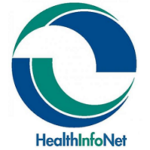 HealthInfoNet, The Rhode Island Quality Institute, and VITL Announce New England Region Health Information Exchange Collaboration
HealthInfoNet, The Rhode Island Quality Institute, and VITL Announce New England Region Health Information Exchange Collaboration
HealthInfoNet (@hinfonet) announced an innovative collaboration with The Rhode Island Quality Institute (RIQI) and VITL (Vermont) aimed at advancing interstate interoperability to improve population health and patient care in and across each of the New England communities we serve.
Industry and Contract News
Synaptic Health Alliance Expands Provider Data Blockchain Initiative to More States, Announces ProCredEx as Newest Member
Synaptic Health Alliance, a consortia of healthcare leaders applying blockchain technology to industry challenges, announced that its provider data management initiative, first started in Texas, has expanded to Colorado, Florida, Michigan and New York with the goal of a national rollout before end of year. Founded in 2018 by Aetna, Humana, MultiPlan, Quest Diagnostics and UnitedHealth Group, Synaptic Health Alliance membership has grown to nine participating organizations, including newest member ProCredEx, a blockchain health credentialing company.
Job Board
Current Vacancies at The Sequoia Project
To apply, please send your resume to hr@sequoiaproject.org.
In-House Legal Counsel (Posted 12/17/21)
Full Time, Remote
MyHealth Access Network
If you are passionate about making an impact and working with a diverse and innovative team, apply for a job with MyHealth today by sending your resume to: workatmyhealth@myhealthaccess.net
Interoperability Market
According to Allied Market Research, the healthcare interoperability solutions market size was valued at $5,320.0 million in 2020, and is expected to reach $21,544.6 million by 2030, registering a CAGR of 14.9% from 2021 to 2030. Interoperability in healthcare refers to timely and secure access, integration and use of electronic health data so that it can be used to optimize health outcomes for individuals and populations. As populations around the world age and people live longer, interoperability and data sharing are going to become increasingly critical for delivering effective healthcare. Interoperability is the ability of two or more systems to exchange health information and use the information once it is received.
According to the report published by Fior Markets, the global healthcare data interoperability market is expected to grow from USD 2.83 billion in 2020 and to reach USD 5.80 billion by 2028, growing at a CAGR of 9.38% during the forecast period 2021-2028. The primary reasons driving healthcare interoperability market growth include a growing focus on patient care, a growing need to tighten healthcare costs, and government measures to improve patient experience of treatment. System interoperability, information interchange, and data availability are all important factors in improving health outcomes. Individual health data is mobilized throughout the whole range of care providers in health organizations, enabling coordinated, safe, and high-quality treatment that supports payment reforms, transparency efforts, and individuals’ ability to control their health.
ONC's Cures Act Final Rule
In May of 2020 the 21st Century Cures Act: Interoperability, Information Blocking, and the ONC Health IT Certification Program released by the ONC and published in the Federal Register. Here is a quick timeline.
Certification
- 6/30/20 – General Effective Date
- 4/5/21 – Compliance requirements start for information blocking, assurance, and API
- 4/5/21 – HIT developers prohibited from restricting certain communications
- 12/15/21 – Submit initial real world testing plans
- 4/1/22 – 1st attestation to conditions of Cert required
- 12/31/22 – New HL7 FHIR API capability and other update criteria must be made available
- 3/15/23 – Submit initial real world testing results
- 12/31/23 – EHI export capability must be made available
The TEFCA Players
ONC Recognized Coordinating Entity (RCE)
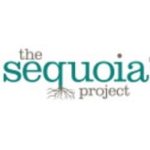 The Recognized Coordinating Entity (RCE) is responsible for developing, implementing, and maintaining the Common Agreement component of the Trusted Exchange Framework and Common Agreement (TEFCA). The Common Agreement is the baseline technical and legal requirements for health information networks to share electronic health information and is part of the 21st Century Cures Act (Cures Act).
The Recognized Coordinating Entity (RCE) is responsible for developing, implementing, and maintaining the Common Agreement component of the Trusted Exchange Framework and Common Agreement (TEFCA). The Common Agreement is the baseline technical and legal requirements for health information networks to share electronic health information and is part of the 21st Century Cures Act (Cures Act).
In addition they will collaborate with ONC to designate and monitor Qualified Health Information Networks (QHIN), modify and update an accompanying QHIN Technical Framework, engage with stakeholders through virtual public listening sessions, adjudicate noncompliance with the Common Agreement, and propose sustainability strategies to support TEFCA beyond the cooperative agreement’s period of performance.
2022 TEFCA Timeline
Q1 of 2022
- Publish Common Agreement Version 1
- Publish QHIN Technical Framework (QTF) – Version 1 and FHIR Roadmap
- Initiate work to enable FHIR-based exchange
- Public education and engagement
Q2 of 2022
- QHINs begin signing Common Agreement and applying for designation
Q3 and Q4 of 2022
- Onboarding of initial QHINs
- Additional QHIN applications processed
- RCE establishes Transitional Council
- RCE begins designating QHINs to share data
- Prepare for TEFCA FHIR exchange pilots
Qualified Health Information Networks (QHIN)
To apply for QHIN Designation, a Health Information Network (HIN) must meet certain prerequisites, including already operating a network that provides the ability to locate and transmit EHI between multiple persons or entities electronically, with existing persons or entities exchanging EHI in a live clinical environment; and providing the RCE with a written plan of how it will achieve all of the requirements of the Common Agreement within a specified time period.

